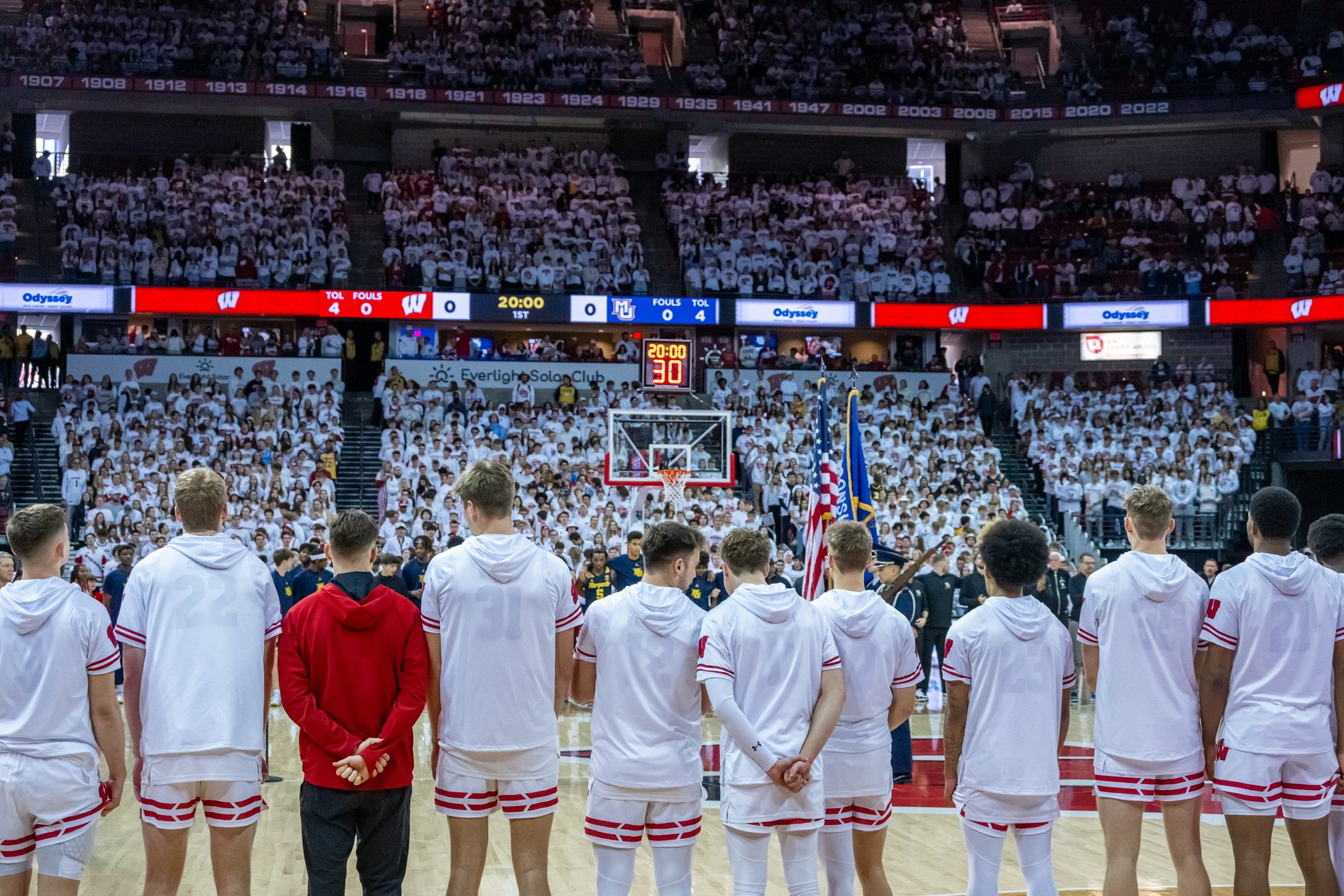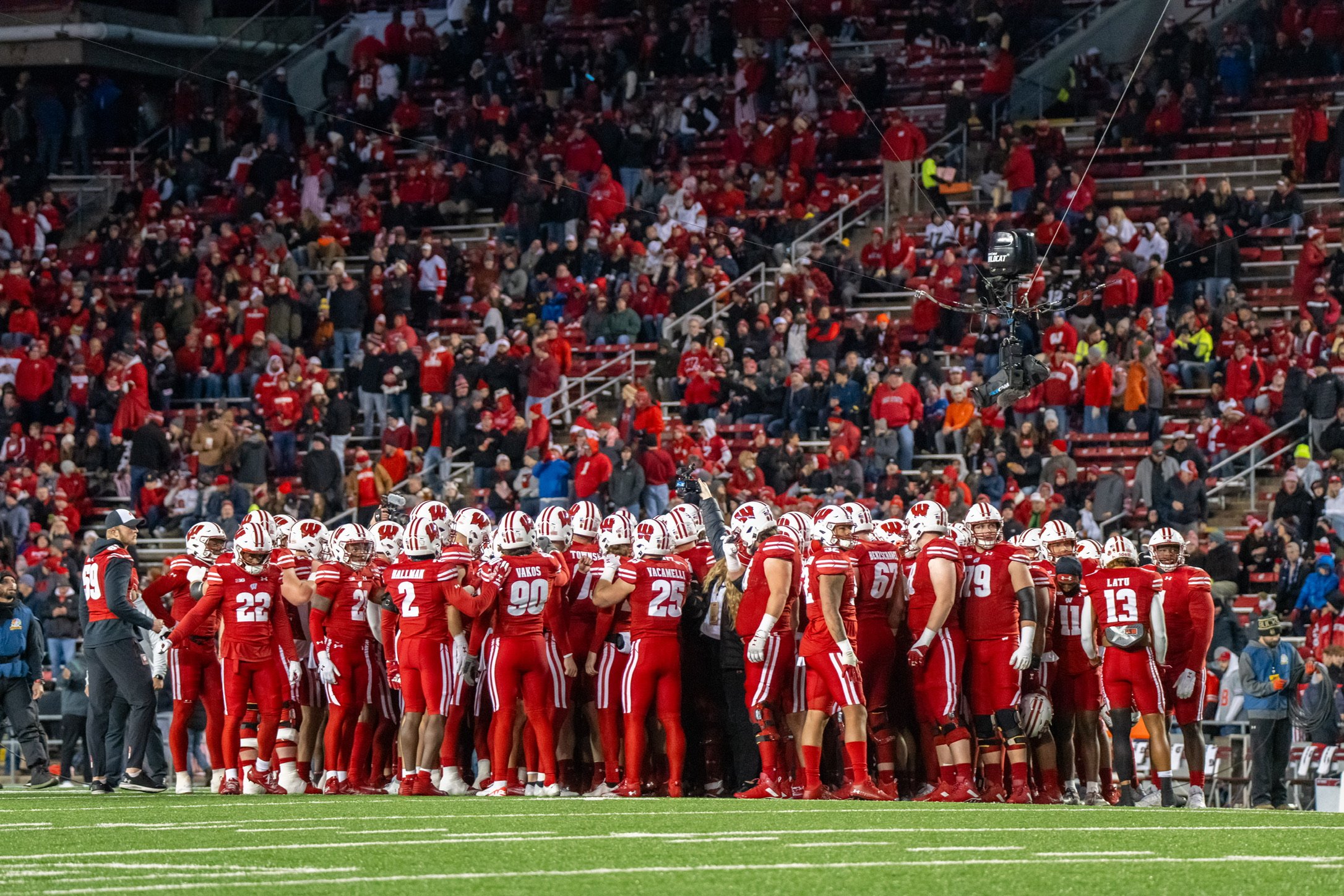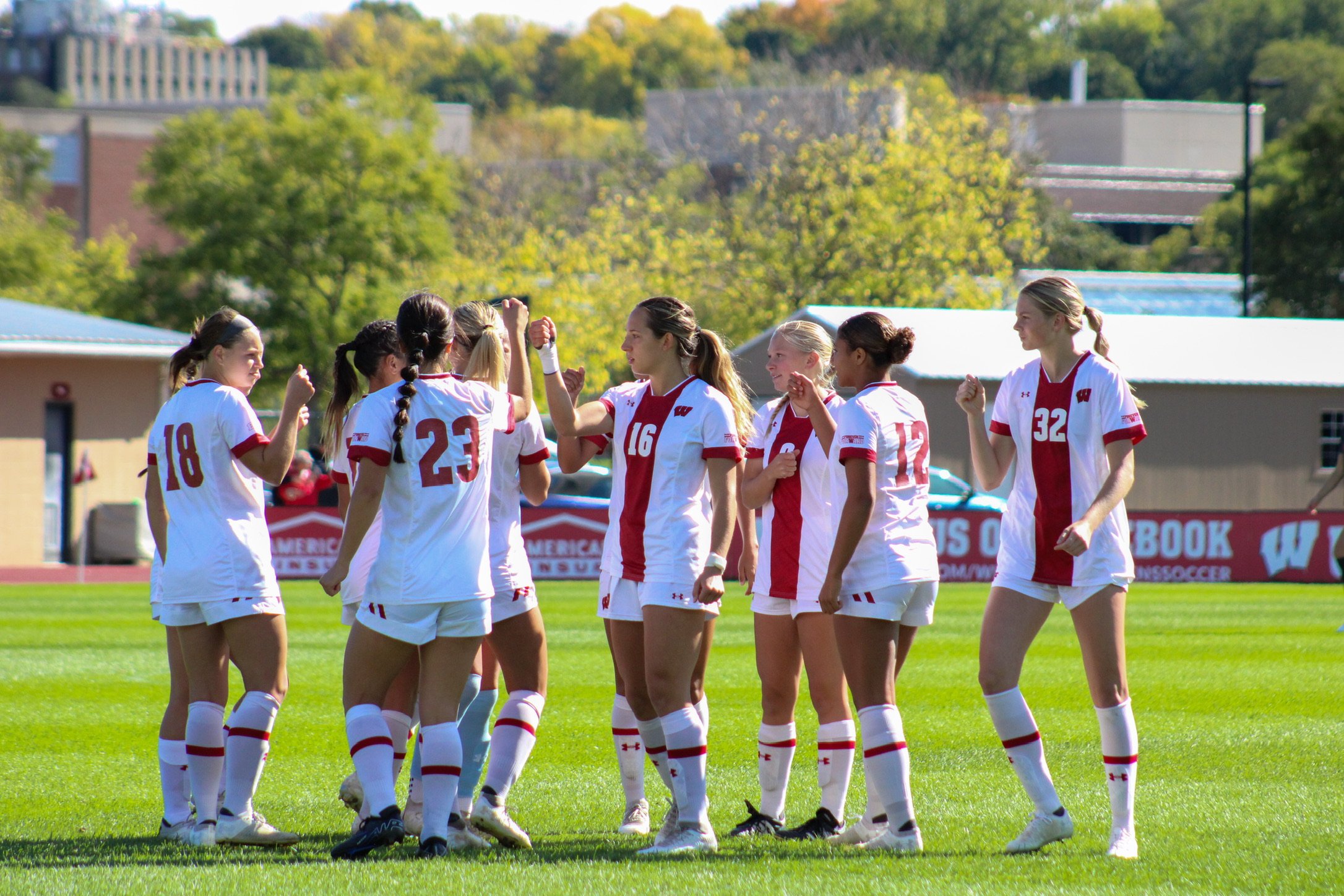Former University of Wisconsin women’s basketball head coach Edwina Qualls was recently inducted into the Big Ten Impact Pioneers Class of 2024.
The Big Ten Impact Pioneers is an association created to honor important Black individuals who have been affiliated with the Big Ten or one of its schools.
Qualls, the first Black coach in Big Ten basketball history, led the Badgers from 1976 to 1986. Prior to her career at UW, Qualls was the state high school coach of the year in 1975 while coaching at RC Lee High School in New Haven, Connecticut. She finished her high school coaching career with an 82-15 record. Qualls also served as an assistant coach to women’s basketball Hall of Famer Louise O’Neale at Yale University.
Qualls guided the Badgers to a winning record in five of her 10 seasons at UW, including a second place Big Ten Conference finish in the 1983-84 season. It is still the best the Badgers have finished in the conference as a program. Qualls concluded her career at UW with a 131-141 record.
Qualls’ impact extends far beyond her time as a coach.
“I think she’s an under-recognized figure on campus,” Director of the Rebecca M. Blank Center for Campus History Kacie Butcher said. “If you like women’s sports at UW, part of that is thanks to Edwina.”
Qualls is a massively important figure in the fostering of Title IX at UW as well as to the overarching developments of feminism and gender on campus. Qualls was hired at a time when many Americans were hoping for national tensions to “cool off,” Butcher said.
Following turbulent times in the 1960s, particularly with the Civil Rights Movement, the 1970s offered a time of potential grace — but also for much needed change.
One such change was the creation of Title IX, a federal law aimed at prohibiting sex-based discrimination in public universities. Qualls was hired four years after Title IX’s creation in 1972, and she frequently sought to fulfill its vision.
Despite Title IX’s promises of gender equality in college athletics, Qualls noticed several issues with its execution at UW. She noticed disparities in treatment of women’s teams on campus, ultimately sending a memorandum to then Director of Athletics, Elroy Hirsch, in 1977.
Qualls cited issues such as men’s practice time cutting into the women’s time, the visiting men’s team being given practice court priority over her team, how wrestling practices were scheduled right before her team’s practices and that they wouldn’t always clean up their mats, among other reasons.
The issues weren’t limited to just treatment. In the 1974-75 academic year, UW provided then-Director of Women’s Athletics Kit Saunders-Nordeen a budget of $118,000 total toward the 11 women’s athletic programs, equivalent to approximately $776,000 today. For reference, all 10 current women’s athletics programs at UW spent a combined $22,447,240 in the 2022-23 academic year. Those expenses include food, travel and coaching. It’s unclear how Saunders’ budget was allocated.
Hirsch would ultimately dismiss Qualls’ complaints, telling Saunders that Qualls was “nitpicking” arguments, according to the Sifting and Reckoning website.
“Certain sports are going to have priorities over others as long as our present financial setup exists,” Hirsch said at the time.
In response to the discrimination against women’s athletics, Qualls filed a Title IX complaint against UW in 1978. She drew out similar issues to her memorandum the year prior, adding discrimination in athletic scholarships, transportation and number of coaches to her filing. Qualls’ complaint was brushed aside.
In 1986, UW declined to renew Qualls’ contract as head women’s basketball coach, according to the Sifting and Reckoning website. Despite the challenges she faced, Qualls left an important legacy both as a coach but as an advocate for gender equality at UW.
Today, Qualls’ impact has proven to be noteworthy throughout UW’s athletic department and campus.
Women’s athletics have taken off across the board for the Badgers — implementing Qualls’ vision for the university. The women’s hockey team has acquired seven national championships in a 18-year time span, dating back to 2006.
The group — led by the prolific play of veteran forwards Maddi Wheeler, Casey O’Brien and Britta Curl, to name a few — is primed to run it back to the Frozen Four and beyond at the conclusion of their current season.
In the fall, women’s volleyball was back in the Final Four before losing a match to the University of Texas in the semifinals. They consistently remained in the top-10 of the NCAA rankings throughout the regular season campaign — once again establishing themselves as a perennial power across the nation.
Women’s tennis has hit their stride as a ranked program in their young season — slotting in at No. 25 in a Jan. 31 update. Softball, women’s basketball and others have made some positive noise on their respective fields and courts, too.
Much of this ongoing success and development can be attributed to Qualls and her work to push for Title IX at UW. She jump started the push for equality between genders in sport, and UW is able to thrive as an athletic program because of it.
The post Edwina Qualls recognized for advocacy, inducted into class of difference-makers appeared first on The Badger Herald.


